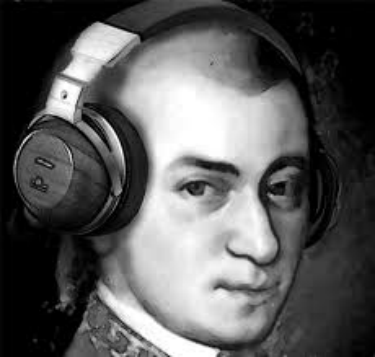| ||
| Piesik Piano Tuning | ||
| ||
| Piano Service and Repair | ||
| ||
| John Piesik, RPT | (760) 726-4665 | |
| ||
| Tuning • Repair • Regulation • Voicing | ||
| ||
|
| ||
| Registered Piano Technician | ||
| ||
| Serving San Diego No. County Since 1990 | ||
| ||
 |
Piano Teachers
![]()
Professional Piano TeachersFollowing are top-rated piano teachers and music studios in San Diego No. County–carefully selected for their expertise and reliability.
|
|
California Music Lessons (760) 632-7577 www.californiamusiclessons.com Coastal Music Studios (760) 237-8212 Giacoletti Music Center (760) 729-1335 Luan Piano Studio MTNA (575) 993-9020 Jessica McFarland MTAC (760) 724-3296 Muse Academy of Music (858) 208-3449 |
Linda L. Nelson MTAC, MTNA, CAPMT (760) 331-3399 Young Robbins Music MTAC, MTNA, CAPMT (760) 721-0575 Dynamic Music & Movement Studio (253) 970-9160 www.dynamicmusicandmovement.com Villa Musica (858) 550-8100 Vista Music (760) 533-4903 |
|
"I wish I hadn't learned to play the piano," said no one ever. Choosing a Piano TeacherWhile a recommendation from a friend or pianist is a good starting point, it's important to interview potential teachers. Ask specific questions, consider a trial lesson if available, and visit the studio if possible. Understand their teaching style, policies, fees, and expectations before committing. The goal is to find the best fit by interviewing multiple teachers. And, be cautious of those too eager to sign you up without focusing on the student's experience.
Piano teachers are trained professionals, often holding degrees such as a Bachelor of Music Education (BMusEd) or Master of Fine Arts (MFA). Many incorporate technology, like specialized software, to enhance their lessons and provide a more well-rounded educational experience.
A great piano teacher is actively involved in local musical events and professional organizations, such as: California Association of Professional Music Teachers (CAPMT) Music Teachers' Association of California (MTAC) Music Teachers National Association (MTNA) Nationally Certified Teacher of Music (NCTM) National Guild of Piano Teachers (NGPT) Suzuki Association of the Americas (SAA)
Before you start your search, prepare a list of questions to ask prospective piano teachers. The goal is to find the best fit for both the student and teacher.
Taking the time to choose the right teacher ensures a positive, lasting student-teacher relationship and a healthy musical learning experience. Benefits of Piano Lessons"Piano lessons have been shown to improve a child's performance in school. After eight months of piano lessons, preschoolers tested showed a 46 percent boost in their spatial IQ, which is crucial for higher brain functions such as complex mathematics."
- Frances Rauscher, Ph.D., Gordon Shaw, Ph.D., University of California, Irvine Music Performance and Test Scores"Students with coursework/experience in music performance scored 51 points higher on the verbal portion of the SAT and 39 points higher on the math portion of the SAT than students with no coursework or experience in the arts."
- Profiles of SAT and Achievement Test Takers, The College Board, compiled by the Music Educators National Conference (MENC), 1995
The "Mozart Effect" and Piano Lessons"Mozart's Piano Sonata K448 was found to significantly increase spatial scores of college students on IQ tests when the Sonata was listened to for 10 minutes, dubbed the 'Mozart Effect.'"
- From Nature, copyright 1993, Drs. Rauscher and Shaw, University of CA, Irvine |
Serving San Diego No. County Since 1990
Contact Piesik Piano Tuning:
E-mail: john@piesikpiano.com





